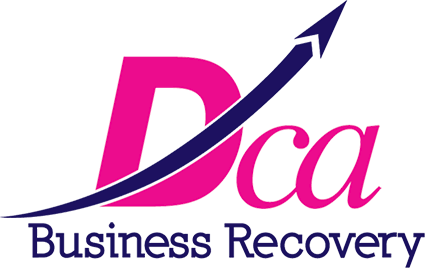The news we all knew was coming, but most feared, was confirmed yesterday when for the first time in more than 10 years, the Bank of England raised interest rates.
This means that the official bank rate has been lifted from 0.25% to 0.5%, which is the first increase since July 2007.
Adding to the bad news is the announcement, by the Bank of England governor Mark Carney that it is likely to rise twice more over the next three years.
This increase is expected to affect approximately four million households as they will face higher mortgage interest payments after the rise, however it should give savers a slight increase in their returns.
The main losers will be households with a variable rate mortgage. However it has been reported that most British households have taken out fixed-rate mortgages, which means it will take some time before the rise has an impact on them.
The figures: –
The report states that the Bank estimates that almost two million mortgage holders have not experienced an interest rate rise since taking out a mortgage.
Of the 8.1 million households with a mortgage, 3.7 million – or 46% – are on either a standard variable rate or a tracker rate – which generally move with the official bank rate.
The average outstanding balance is £89,000 which would see payments increase by about £12 a month, according to UK Finance.
Mr Carney told the BBC that the Bank expected the UK economy to grow at about 1.7% for the next few years, which he said would require “about two more interest rate increases over the next three years”.
The Bank has been reluctant to raise interest rates until now, arguing that inflation had been boosted by the fall in the value of the pound since the Brexit vote in June of last year.
That weaker pound has driven up the costs of imported food, fuel and other goods.
The Bank says this effect is probably at its peak at the moment.
The other issue holding back the Bank has been the weakness in wage growth.
While inflation hit 3% in September, wage growth was only 2.1%.
However, the Bank sees wage growth “gradually” increasing over the 2018 and says there are signs of that happening already.
In its Quarterly Inflation Report, released with the announcement on rates, the Bank estimated inflation was likely to peak this month at 3.2%
Source: BBC News – http://www.bbc.co.uk/news/business-41846330

